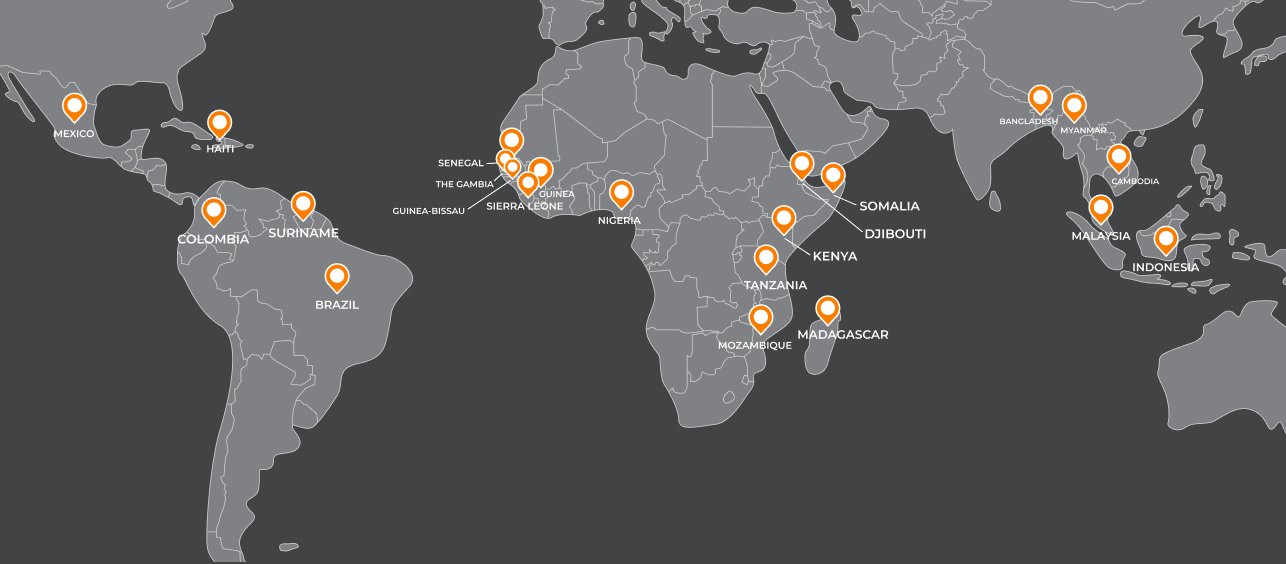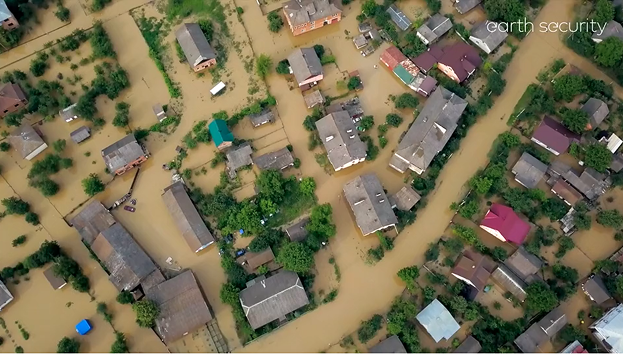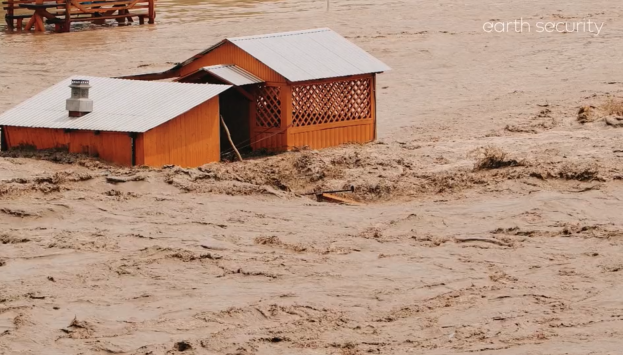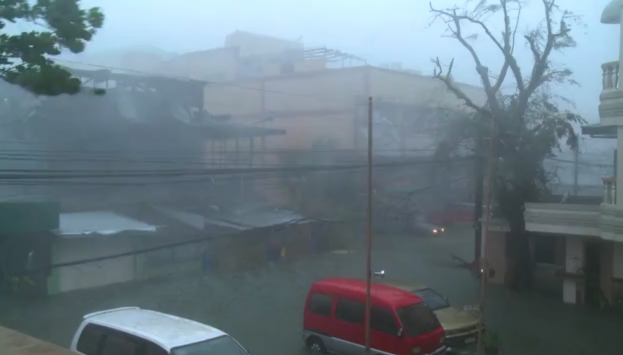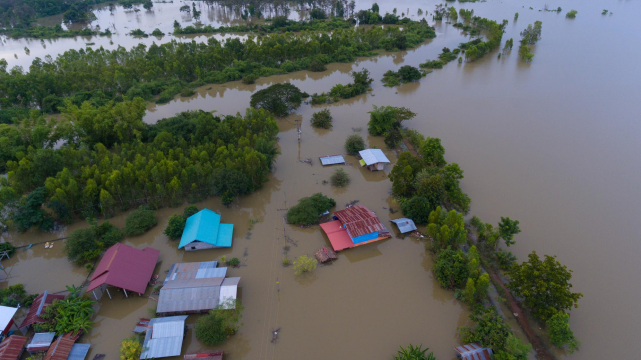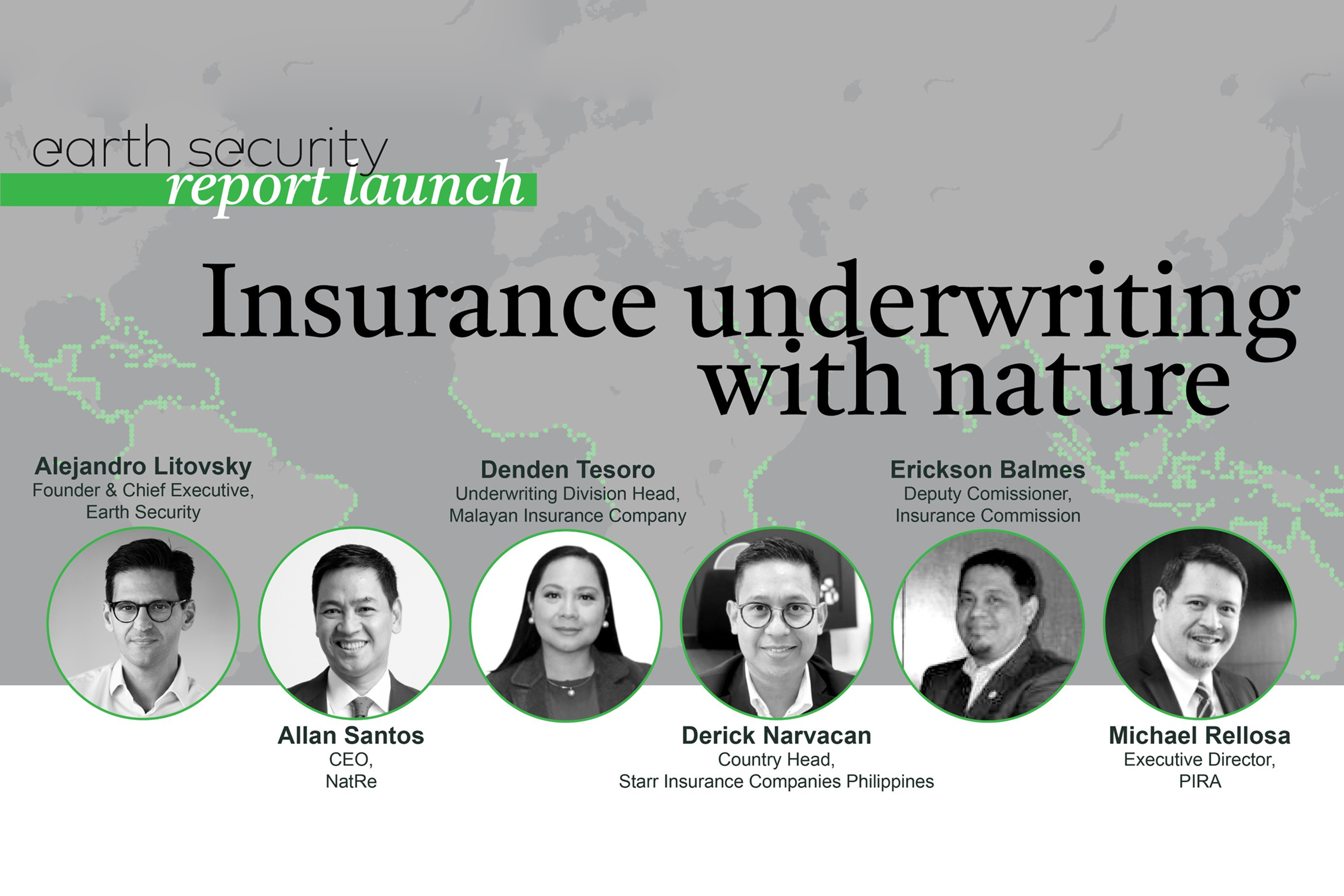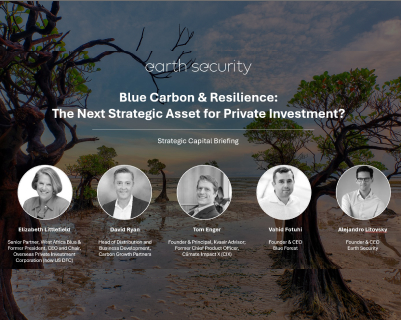Reactions Magazine, the division of Euromoney providing financial intelligence to the global insurance market, published an article on the 2015 Earth Security Index, drawing the attention of the re-insurance sector to developing sustainability risks solutions. Read the original article ‘High Growth, High Risk’. The full article has been reproduced below with permission from Reactions Magazine.
“The Earth Security Index report is important because it shows how the nature of global risk is changing. ESG’s holistic approach can help the insurance industry think about how future risk profiles are evolving and whether we as an industry have an appropriate response.”
Olivia Gray, Chief Operating Officer, Capital, Science & Policy Practice, Willis Group
A new report examines how the risk profile of emerging markets is made more complex by converging social, environmental and governance factors. High growth economies are usually seen as salvation for global re/insurers struggling to grow and diversify their portfolios. But there are fears that converging sustainability pressures in emerging markets plus competition over key resources could trigger far-reaching instability.
Without greater levels of business diplomacy and a big change in innovation to tackle cross-border sustainability issues, the pace of growth in BRICS and MINT economies could be seriously undermined, a new report warns.
The 2015 Earth Security Index report, published by the Earth Security Group (ESG), analyses seven key commodity markets – from oil and gas to rice and cocoa. The index measures the mix of country pressures, including those on land, energy, water, food and governance, and identifies combinations capable of sparking political and economic risks across borders.
ESG’s index is intended to help global corporations predict complex 21st century crises and bolster governmental efforts to avert them. Alejandro Litovsky, CEO of ESG, says the global insurance industry should take notice too, citing Brazil as an example.
“Last year, our first Earth Security Index report anticipated that due to the systematic loss of tropical forests undermining the hydrological cycle, and the high dependence of Brazil’s electricity supply matrix on hydropower, the growing exposure of Brazil to climate change would not only affect agricultural insurance, but also the energy and infrastructure sectors,” he said. “There are currently a few dozen hydropower dams at some stage of planning, and this is likely to be a growing area of complexity for re/insurance companies with an eye on the Brazilian market.”
The 2015 index report contains seven case studies that identify risks affecting business and government interests in key commodities. They include China’s soybean demand and South America’s deforestation; the impact of Germany’s energy revolution on Russia and Turkey; Switzerland’s dependence on West African cocoa.
Very few re/insurance companies are thinking seriously about sustainability risk in its wider, interconnected context, Litovsky told Reactions. “In emerging markets ‘sustainability’ is more than just climate change: add water scarcity, food insecurity, energy instability, conflicts associated with rapid land-use changes, and fiscal stress, all in contexts of weak rule of law and greater probability of government corruption,” he said.
Insurers and reinsurers need to apply themselves to developing “sustainability risk solutions” in specific industry sectors, Litovsky believes.
ESG has convened a workshop in Jakarta, Indonesia, on the palm oil sector. “The workshop is advancing an idea we have developed based on the Earth Security Index analytics, which will explore whether new agricultural insurance products could offer premium discounts for large palm oil plantations that subscribe to sustainable land management practices and therefore are more resilient to the growing exposure to extreme weather,” Litovsky explains. “Grow a company’s market penetration while solving complex sustainability problems – this is the sort of win-win approach at the heart of our role. We are currently considering similar market innovation projects in India and Brazil.”
Governments are increasingly aware of the benefits of financial risk transfer mechanisms to manage environmental uncertainty and will increasingly use public finance to leverage private capital, Litovsky believes. “From the World Bank to the African Union’s African Risk Capacity [the cat pool] you will see more and more governmental bodies ready to provide risk guarantees or other kinds of market support for private capital to step in with market solutions, for anything from food security shocks to extreme weather events,” he says. “2015 is an important year for sustainable development and we are already seeing insurance companies taking a lead.”
The Earth Security Group counts Willis Group and Swiss Re among its panel of “global experts”. Olivia Gray, COO of the Science & Policy Practice at Willis, says the ESG report is important because it shows how the nature of global risk is changing. “That’s partly to do with the climate and the increasing frequency/severity of disasters, but it’s also to do with a change in global exposures,” she said. “ESG’s research and holistic approach can help the insurance industry think about how future risk profiles are evolving and whether we as an industry have an appropriate response.”
Gray says it is also important for the industry to help its clients to better understand their risk exposures – for the sake of their sustainability. “Engaging with an organisation like ESG can help the insurance industry to identify new markets and new risk transfer opportunities,” she told Reactions. “But the emphasis should really be on long-term trends and encouraging big corporations to think more about their risks in a strategic context.”
Explore the reports
The Earth Security Index Reports provided in-depth analysis of critical themes across selected industries and market geographies, enabling investors to anticipate and respond to emerging global dynamics. Download and explore the full Earth Security Index reports:






